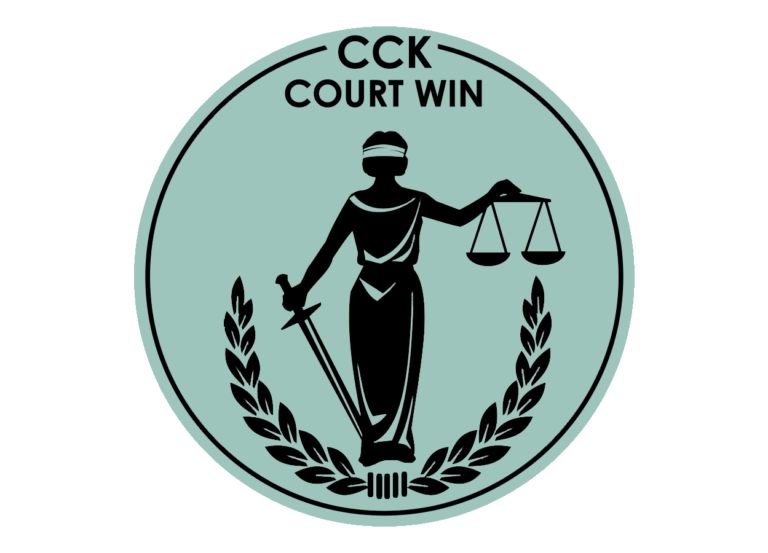Board’s Double Denial of Veteran’s Heart Condition Claims Contained Legal Error

CCK Law: Our Vital Role in Veterans Law
Summary of the Case
The Veteran served on active duty in the United States Navy from July 1964 to April 1970. While in service, the Veteran was reported to have an undiagnosed heart disease and was later hospitalized for cardiac arrhythmia and weight loss. In an April 1977 VA hospital record, a physician noted that an electrocardiogram (EKG) showed some nonspecific abnormalities, but a diagnosis could not be determined, and the Veteran should be re-evaluated in three months. Upon re-evaluation in July of 1977, a cardiac clinician found “dysrhythmia and atrial tachycardia (i.e. rapid heartbeat), possibly, with no other findings”. In October of 1977, the Regional Office granted the Veteran service connection for cardiac arrhythmia and assigned a noncompensable rating under Diagnostic Code 7099, abnormal EKG. The Veteran did not file an appeal and this decision became final.
In August of 2011, the Veteran filed a claim for service connection for irregular heartbeat. However, the Regional Office informed him that because he was service-connected for an abnormal EKG, it must consider his claim as an increased rating claim. The Veteran underwent a VA examination in which the examiner concluded that he did not have acute, chronic, or current cardiac arrhythmia and stated that the cardiac condition for which he required hospitalization had resolved without recurrence. Furthermore, what he experienced in 1977, arrhythmia and rapid heartbeat, and what was currently shown on his EKG, mild sinus bradycardia (i.e. slow heartbeat) were separate and unrelated conditions. The examiner concluded that the current EKG findings represent a different and new diagnosis from the previously service-connected diagnosis of an abnormal EKG. Moreover, these findings were not a continuation of natural progression of the previously diagnosed abnormal EKG and arrhythmia. The Regional Office denied a compensable rating for the Veteran’s service-connected abnormal EKG and denied service connection for cardiac arrhythmia in December of 2011. The Veteran appealed to the Board of Veterans’ Appeals.
In an April 2015 decision, the Board re-characterized his claims as a compensable rating for cardiac arrhythmia, including an abnormal EKG, and service connection for a heart disability separate and distinct from cardiac arrhythmia. The Board remanded the heart condition claims for further development, finding that a new examination was warranted, because since the Veteran’s last examination in December of 2011 for arrhythmia, he claimed that his disability had worsened and there were outstanding records to be obtained. As such, the Board instructed the examiner to identify any heart disability separate and distinct from the Veteran’s cardiac arrhythmia. Ultimately, the December 2015 examiner opined that the veteran had a diagnosis of a heart disability separate and distinct from cardiac arrhythmia that was less likely incurred in or caused by the cardiac arrhythmia to include an abnormal EGK during service. Subsequent to this opinion, the Board denied the Veteran’s claims. The following appeal ensued.
Board denies Veteran’s heart condition claims based on medical examination
In August of 2017, the Board issued a decision denying a compensable rating for the Veteran’s service-connected cardiac arrhythmia, including an abnormal EKG, and denying service connection for a heart disability separate and distinct from cardiac arrhythmia. In doing so, the Board relied heavily on the December 2015 VA examination in which the examiner opined that the veteran had a diagnosis of a heart condition that was separate and distinct from cardiac arrhythmia that was unrelated to service. Specifically, the Board pointed to the examiner’s rationale that stated the December 2011 diagnosis of a slow heartbeat had not changed, and the Veteran was not currently being seen by a primary care provider and had not been evaluated in the recent past by a cardiologist.
CCK argues the medical examination used to deny the Veteran’s claims was inadequate
CCK successfully appealed to the Court of Appeals for Veterans Claims (CAVC) the Board decision that denied the Veteran a compensable rating for his service-connected cardiac arrythmia, including an abnormal EKG, and service connection for a heart disability separate and distinct from cardiac arrhythmia. CCK argued that the Board erred when it denied service connection for a heart disability separate and distinct from cardiac arrhythmia, because it relied on VA examinations that were inadequate and did not comply with the Board’s prior remand order as required by Stegall v. West (“a remand by the Board confers on the claimant a legal right to compliance with the remand order”). Additionally, CCK asserted the Board erred when it denied a compensable rating for the Veteran’s cardiac arrhythmia, because it violated its duty to assist and provided inadequate reasons or bases for its determination. Specifically, the VA examiner conceded the Veteran’s slow heartbeat and determined it was a condition separate from his service-connected cardiac arrhythmia, but still didn’t adequately opine on whether it was related to service.
CAVC remands Veteran’s case back to the Board
CCK argued, and the Court agreed, the October 2015 VA examination was inadequate and did not comply with the Board’s prior remand. Specifically, the examiner offers no explanation for why the separate and distinct heart condition was not related to service, either directly or secondarily. Therefore, the Board erred in relying on it to deny service connection for a heart condition separate and distinct from cardiac arrhythmia. The Court also found that the examiner failed to discuss the nature, extent, and severity of the Veteran’s service-connected arrhythmia. Accordingly, the Court remanded the Veteran’s case back to the Board with instructions to obtain a new VA examination.
To read the Court’s full decision, click here.
About the Author
Share this Post
